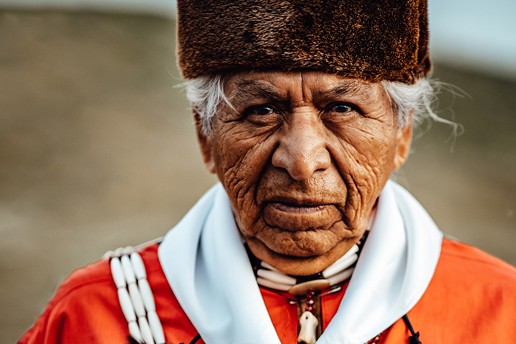Wilson Roberts has lived a lifetime of stories.
Born to Choctaw parents in Southeastern Oklahoma, he learned to speak only Choctaw, but when Wilson was five years old, he was removed from his mother and sent to boarding school, where he was continually abused for speaking his language.
“Going right into school, I didn’t know a word of English, and because of that, they really punished us for speaking our language, and without somebody explaining to us that we are not supposed to speak our language, we just continuously got punished for speaking our language until such time as I realized why I was getting spankings — not spankings, beatings, actually,” Wilson said.
Wilson and his fellow Native schoolmates endured other forms of abuse as well.
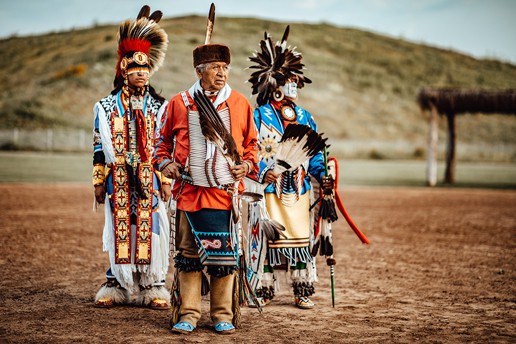
“Growing up at the school, I remember a lot of hardship. When we took showers, we used those bristle brushes that you scrub walls with. They tried to change our skin colors, I guess. We were brown when we went in, but when we came out, we were pink,” recalls Wilson.
After one particularly severe punishment, young Wilson ran away from the boarding school and traveled on his own throughout Texas and Oklahoma working on farms to get by. He managed to avoid the social workers chasing him for a whole year. He was only twelve years old at the time.
When the social workers eventually caught up with Wilson at home, he was sent to another school where he was promised funds for clothing, shoes and supplies, but these dollars never arrived, and Wilson had to leave school again after his first year. He never returned.
“In my era, my age group, that’s what happened to our Choctaw people. A lot of those people that attended the boarding schools, they went through basically the same thing. I always say that because of that, we hesitate to speak our language in public because of what we went through. For many years, I had to look around, even though I was a grown person. It was something you always did at school. You look around before you speak your language, so that you don’t get beat on,” said Wilson.
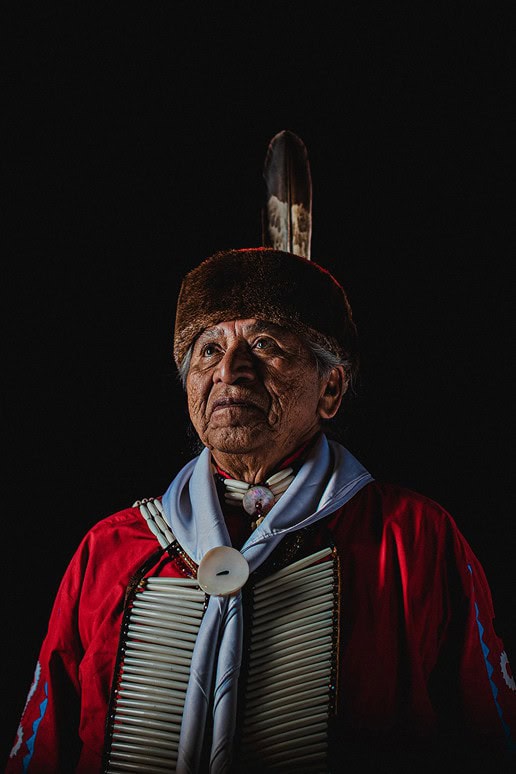
Through all the bad, however, Wilson maintains that there were some good things to come out of his boarding school experience.
“It made me stronger. It made me realize different things, different ways,” he said.
Finding work after leaving school was a challenge. Wilson was too young to be considered for labor, but he was a hard worker, so some farms allowed him to stay on. He worked on farms from Paris to Lubbock, Texas, until he was old enough to join the military.
“After I got in the service, I realized I didn’t really have the academic education that I really needed,” said Wilson. An uncle living in New York suggested that Wilson get a dictionary to help him understand English words better. His uncle also told him to read everything he could get his hands on to improve his language skills.
“Basically, I kind of educated myself while I was in the service,” he said.
In his second year, the military began requiring a high school education or high school equivalency in order to continue on. Wilson passed his GED exam on his first try.
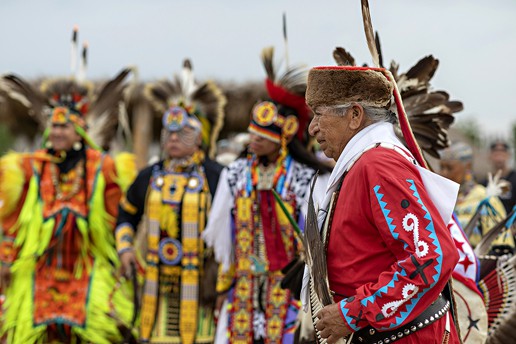
In 1962, his military service commitment was up, and he went to work in the oil fields until a new relocation program piqued his interest. In 1964, he moved to Cleveland, Ohio, where he worked in the second largest library in the world under the mentorship of librarians who helped Wilson continue his education.
In his own words, “Cleveland was not the place for me,” and he left in 1965. Eventually, he went to work for the Army & Air Force Exchange Service in Dallas, Texas.
In Dallas, Wilson volunteered for a Native American organization in the area, which gave him the opportunity to attend dances and ceremonies throughout North Texas and Oklahoma, but it was through his career with the Army & Air Force Exchange Service that he encountered many other cultures and ways of life across the globe.
Wilson began working with other Native Americans at Ft. Hood to share their tribal traditions with others throughout the area and even overseas.
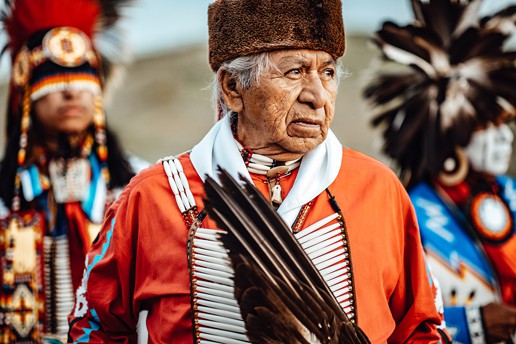
“I got an assignment in Heidelberg, Germany, and because of the little things we had done in the Dallas and Ft. Worth area and Ft. Hood, like going dancing and stuff like that, when we went to Germany, we realized the military boys and military personnel, men and women, needed some kind of organization to look to each other for help,” said Wilson.
As a manager at the Heidelberg PX, he began to invite other Native Americans to spend time with their group, but fellow Natives weren’t the only ones interested in Indigenous culture. The German people wanted to learn more about Wilson and his friends, and before too long, the Native organization was traveling to Italy, England and other parts of Europe to share Native American culture with others.
“That’s how we began to get into dancing. We helped each other to acknowledge our own traditional ways and try to bring it out to each other and kind of get together to have a little celebration every time,” Wilson said. Nearly 100 people would attend these get-togethers every weekend, no matter where they held them.
The whole group worked together to make moccasins and other pieces of regalia. They also supported each other in learning their traditional ways.
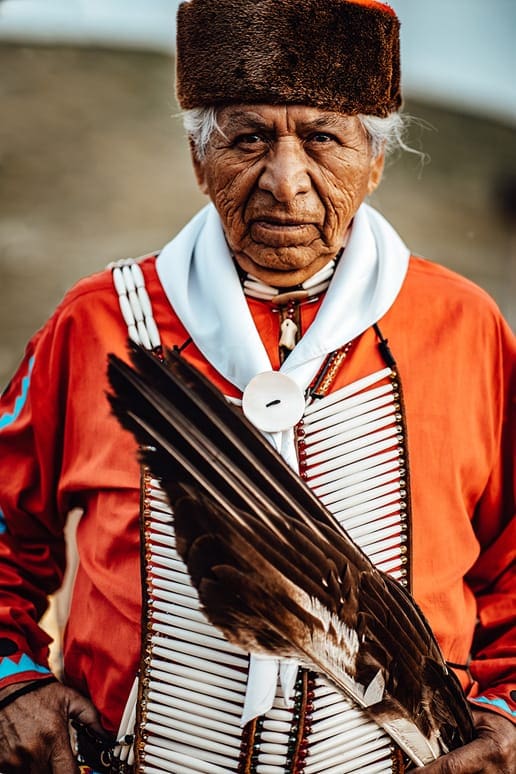
"I would tell the people to be respectful of every nation’s ways. Don’t be going out and trying to say, 'This is the way to do it; this is how we do it at home.' Just go with the flow and mainly be respectful and friendly. Make friends and just talk in general, you know."
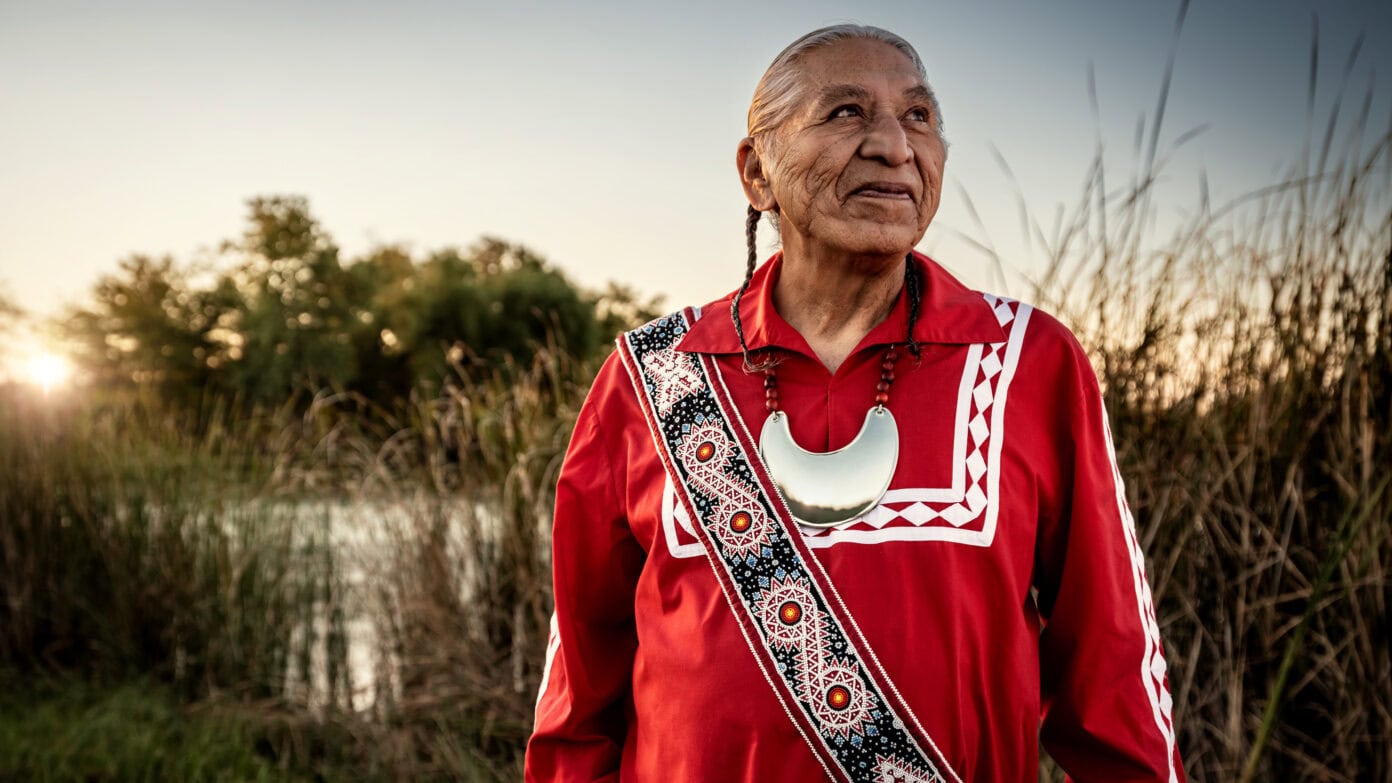
When Wilson’s sons were old enough, they learned to dance with their father, and while he traveled for work, his young children attended celebrations and dances on their own.
After 25 years with the Army & Air Force Exchange Service, Wilson retired, but he continued traveling across the U.S., Canada and Europe through the Army’s Morale, Welfare and Recreational (MWR) program.
Wilson is proud to represent the Choctaw Nation and share the history and stories of the tribe with others.
“A lot of times, people ask me to do the invocation, and I do the invocation in the Choctaw language because that’s how I relate to these people as part of being Choctaw,” he said.
Because of Wilson’s travels and storytelling, others are taking notice of the good things going on in the Choctaw Nation as well. The facilities, services and programs Choctaw tribal members have access to have set a good example for tribes across the U.S. that want to offer similar resources.
In addition, Stanford University wanted to recognize the loss of Native elders by honoring a person who works to pass on traditional knowledge and customs, and Wilson was chosen among all the nominees to be the Honored Elder. He traveled to California to accept the award in May.
“Back during COVID, you know, we lost a lot of people — a lot of elders… When we began to lose a lot of our people, especially the elders, we realized we were losing a lot of things. Not only the elders themselves, but their way of life, the culture, the stories, whatever it might be,” said Wilson.
Wilson certainly faced his fair share of challenges in his 80 plus years, so in parting, he had this bit of advice to offer anyone who is struggling:
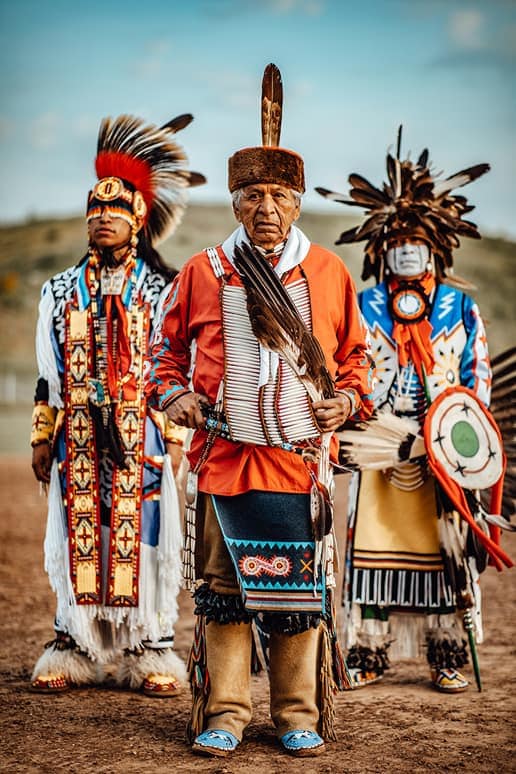
"I always try to tell the people, regardless of what nation or regardless of where I’m at, when I get a chance to speak, is to learn to respect yourself. Whatever happens in your life, learn to respect yourself, and you will learn to respect all of God’s creations."
